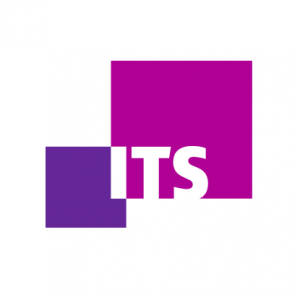A Internet das Coisas
Eduardo Magrani addresses some of the challenges arising from the Internet of Things in his new book.
10/07/2018categories
theme
Published in Portuguese
Technology is rapidly changing the way we interact with the world around us. Aiming to meet consumers’ needs, companies are now developing products with technological interfaces that would have been unimaginable a decade ago. Automated systems that turn on the lights and warm the diner when noticing that you’re returning home from work, smartbands that share with your friends how much you’ve walked during the day or sensors that automatically warn farmers when an animal is sick or pregnant. All these examples are manifestations associated to the concept of Internet of things (IoT).
Every day, “things” connect to the internet with the ability to share, process, store, and analyze a huge amount of data. It is therefore importante to understand how this context of hyperconnectivity affects our lives. On the one hand, the Internet of Things can bring economic benefits to the State, to companies, as well as convenience to consumers. On the other hand, increasing connectivity poses significant challenges in the areas of privacy and security protection, ultimately impacting democracy itself.
Eduardo Magrani addresses some of these challenges arising from the advance of this scenario in his new book.
author
{{ pessoas.pessoaActive.title }}
related content
projects
II Research Group: smart cities
Brazilian researchers debating issues of the vanguard of the digital era. Learn More
publications
Algorithm Transparency and Governance: a case study of the Credit Bureau Sector
The present study assesses the way credit bureaus (‘CB’) make use of personal data. Learn More

